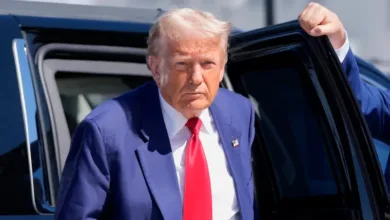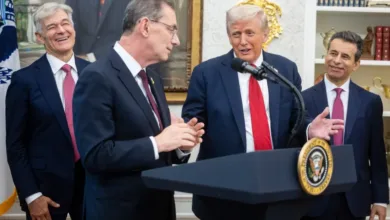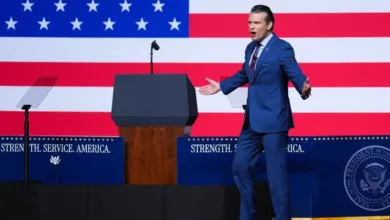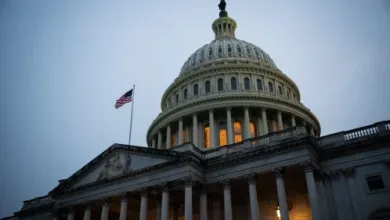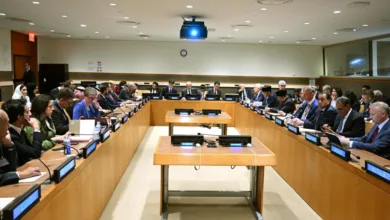Europe’s Struggle with Energy Crisis Amid Russia-Ukraine War
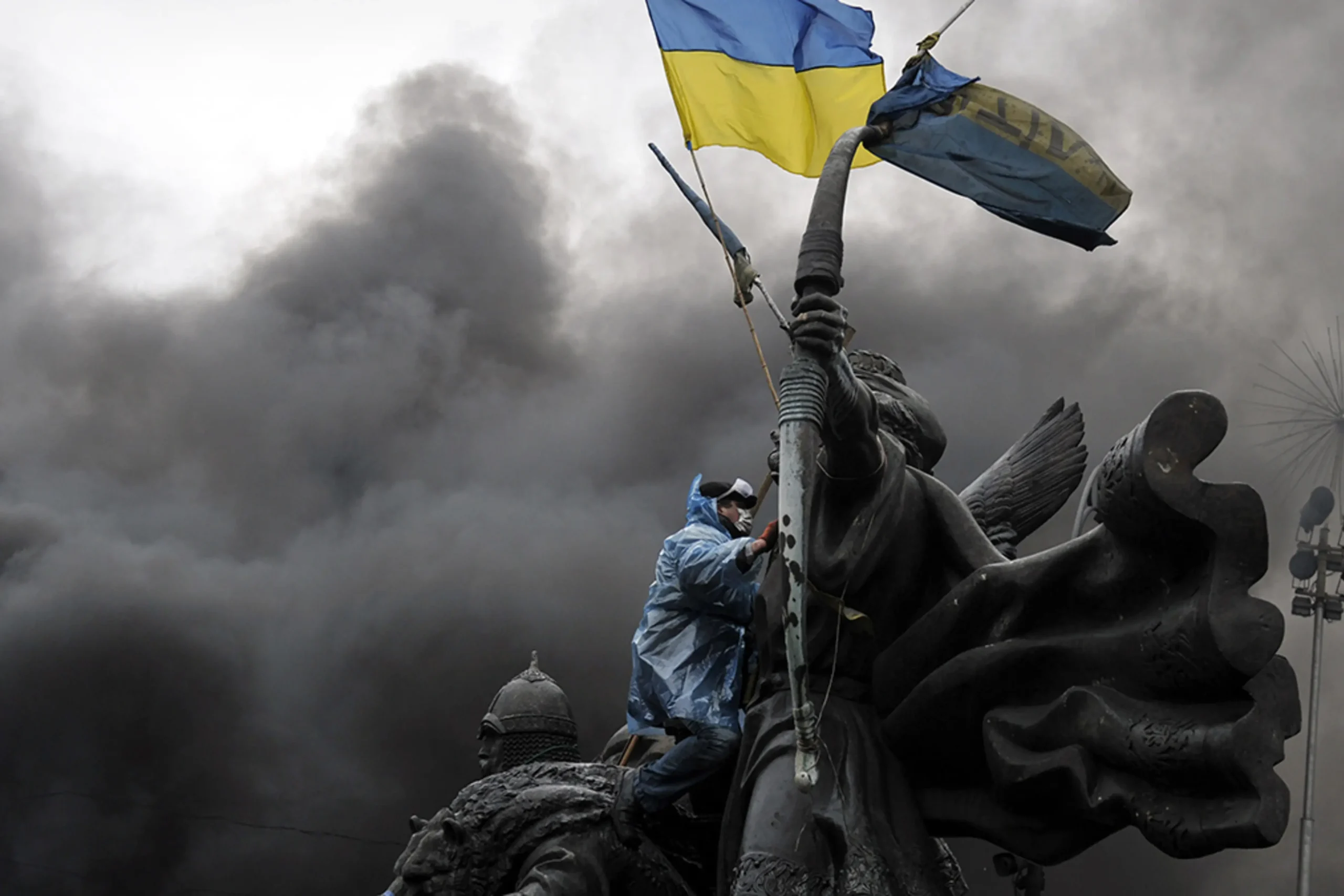
The Russia-Ukraine war has not only shaken the geopolitical order but has also unleashed an unprecedented energy crisis across Europe. For decades, European countries relied heavily on Russian oil and gas imports. However, sanctions, supply disruptions, and shifting alliances have forced Europe into a difficult balancing act.
According to U.S News, the conflict has escalated Europe’s dependency issues and sparked widespread debate about energy security, renewable alternatives, and the economic consequences of severing ties with Moscow. This article examines the depth of Europe’s energy crisis, its political dimensions, and the strategies being considered to secure long-term stability.
The Root of the Crisis
Before the war, Russia supplied nearly 40% of Europe’s natural gas. Once sanctions were imposed, Moscow retaliated by restricting energy exports. This move created shortages across industries and households.
European governments rushed to find alternatives, but limited infrastructure and soaring demand pushed prices to record highs. Breaking News reports highlighted how small businesses, families, and entire industries struggled to cope with the skyrocketing energy bills.
Germany at the Center of the Storm
Germany, Europe’s largest economy, relied heavily on Russian pipelines. When the supply was disrupted, Berlin turned to emergency measures such as coal reactivation and liquefied natural gas (LNG) imports.
In an ironic twist, Germany also began exploring unconventional ways to boost its intelligence and security capabilities amid the crisis, with projects like Germany Seeks Young Spies Using a Computer Game. While this initiative is unrelated to energy, it reflects the sense of urgency in protecting national interests during an unstable period.
Political Tensions Across the EU
The crisis has tested the unity of the European Union. Wealthier countries such as France and Germany have been able to subsidize energy bills, while smaller nations struggle. Disagreements over gas-sharing policies and energy caps have created divisions within the bloc.
Eastern European states closer to Russia argue for stricter sanctions, while others worry about the economic fallout. The EU’s political cohesion is being tested like never before.
Trump’s Shadow on the Crisis
Across the Atlantic, U.S. politics also influence Europe’s energy choices. Former President Donald Trump, who emphasized “energy independence,” has resurfaced in discussions. According to Trump News, Trump’s vision of reducing reliance on foreign energy resonates as Europe now faces the consequences of overdependence on Moscow.
Furthermore, Why Trump’s Map Played a Decisive Role continues to shape discussions about Ukraine and Europe’s strategic vulnerabilities. Analysts warn that Trump’s comeback in 2025 could alter U.S. energy policy, directly impacting European markets.
Ukraine’s Role and Security Guarantees
Ukrainian President Volodymyr Zelensky insists that any negotiations with Russia require firm security guarantees. These guarantees are tied not only to territorial integrity but also to Ukraine’s ability to maintain stable energy supplies for itself and its neighbors.
For Europe, Ukraine is more than just a battlefield; it is also a crucial transit country for gas pipelines. The war has disrupted these routes, forcing Europe to diversify energy sources.
The NATO Factor
NATO’s expansion in Eastern Europe adds another dimension to the crisis. With military buildup in the region, energy infrastructure is seen as a strategic asset and a potential target. Protecting pipelines, LNG terminals, and storage facilities has become part of NATO’s security agenda.
The link between military security and energy security has never been clearer.
The Global Economy Ripple Effect
The European energy crisis has global consequences:
-
Asia: Countries like China and India compete for LNG supplies, driving prices higher.
-
United States: U.S. LNG exports to Europe surge, boosting American energy companies but raising domestic concerns about higher prices.
-
Developing Nations: Rising global energy costs create instability, especially in countries already facing economic fragility.
This interconnectedness shows how Europe’s struggles reverberate worldwide.
Renewable Energy: Hope or Illusion?
European leaders emphasize renewable energy as the long-term solution. Solar, wind, and nuclear power projects are expanding, but they cannot yet fully replace Russian gas. Critics argue that the energy transition will take years and that Europe must accept a “hybrid strategy” combining renewables with temporary fossil fuel imports.
The crisis has ironically accelerated investment in green technologies, but short-term pain remains unavoidable.
Breaking News Update
In the latest Breaking News, the European Commission announced new emergency funds to support member states hit hardest by energy shortages. Meanwhile, protests erupted across cities like Prague, Paris, and Berlin as citizens demanded affordable energy and questioned government policies.
Europe’s struggle with the energy crisis is far from over. The Russia-Ukraine war has exposed vulnerabilities that will shape Europe’s future for decades. Whether through diversification, renewable investments, or deeper transatlantic cooperation, Europe must redefine its energy strategy.
As analysts warn, the crisis is not only about fuel but about sovereignty, security, and the future of the European project itself.
